Why does the West care when it does?
by Nandini
In 1992 Francis Fukuyama’s The End of History and the Last Man was published, in which he claimed that history had reached its endpoint with the demise of the Cold War: Western liberal democracy had won the Grand Final of ideological battles on the path of human progression and had established itself to be humanity’s preferred choice of government. Less than a decade later 9/11 happened and since then the world has been a far more dangerous place, particularly in this context for the West, and effectively debunking any remaining arguments Fukuyamites bleated about 1989 marking the end of history. One of the lasting effects of 9/11 has been the compounding of these new dangers the world faces; a new political and cultural topography emerged on which geopolitical conflicts are fought – both ideological and military – and which saw now not-so-new language such as religious extremists, terrorism and ISIL enter public discourse, along with new weapons changing hands both in trade and in war.
With every new attack the world appears even more bleak. Bombings outside of the West are allocated a couple of minutes of coverage, a few articles are routinely tapped out on a Macbook, and we move on. It is only when the threats encroach the borders of Europe does the tidal wave of public panic take over with its blanket coverage and live reporting. The events over the last week alone testify to the selectivity we apply to the menacing vulnerabilities of the current world order. 16 March saw 22 worshippers killed in a bomb attack by Boko Haram on a mosque in Maiduguri city, Nigeria. Saturday 19 March saw at least 13 Egyptian policemen killed by mortar bomb in the Sinai peninsula, for which ISIS claimed responsibility.

While they had devastating consequences for those affected, these attacks occurred quietly in the West; there was no international outpouring of grief like there is now following the Brussels bombings. For those who don’t know (even those who do live under a rock would have gotten the BBC Breaking News alert on their iPhone), early in the morning of 22 March, two bombs at Brussels Airport and one more at Maelbeek metro station in the capital exploded, killing 30 in total and leaving over 200 injured. Again, this attack was claimed by ISIS and is believed to have been a revenge plot against the recent arrest of Salah Abdeslam, a Belgian national who is believed to be the last living perpetrator involved in the Paris Attacks of 13 November 2015.
Amidst the international grief and trauma following the attacks, the French President François Hollande released a statement in which he claimed that the bombs had “struck Brussels, but it was Europe that was targeted, and all the world that is concerned.” Truer words were never spoken – to the West, it is evidently European lives which matter most. This conviction is what drives the motions of international grief such as flag-bearing, memes spreading and speech-making as security is heightened even more at seeming points of weakness: embassies, stations, schools.
https://twitter.com/Number10press/status/712278042698240001
Those places do need to be protected, but it is worrying how little attention is paid to the effects of where ISIS choose to target. One of the places in which the attacks in Paris took place was a concert hall; on the same night and within a couple of days of the attacks, there were similar bombings in Baghdad and Beirut, including one in a shopping centre. The attacks in Brussels were at the metropolitan meeting points of coming and going. Each of these incidents was conducted by the same perpetrator, with the aim of attacking humanity. In targeting concert halls, shopping centres, and places of worship: spaces in which warm relationships are built and thrive, in which people bask in the joy of music or in the comfort of worship, in which the normality of their worlds is structured, the attackers aimed to destroy and replace with fear and suspicion. Each time, after the proverbial smoke of the attacks clears, it is this tactic that has the most lasting and insidious effects. The racialisation and suspicion of Muslim people becomes even greater; the media play God in determining which bodies are worth the world’s mercy and mourning, and which are left to rot, both literally and in the vestiges of the newsreel.
These hostilities create hierarchies deeming which lives are acceptable to fear and cry for, and which are new additions to an ever-growing statistic. Brussels is now what Paris was in November: a centre of devastation for numerous reasons. We were Paris, We Are Brussels, but we are never Baghdad or Beirut or the Sinai or Maiduguri. We fear ISIS, but most of us aren’t even aware that in November 2015, a report found that Boko Haram surpassed ISIS to be the world’s deadliest terror organisation, responsible for 6644 deaths in 2014 alone and which pledged allegiance to ISIS this month. The impact of ISIS is terrifying, the laying bare that in the West the lives of innocents are stratified according to an artificial morality based on racialisation and ill-informed fear is now obvious. In times such as now when humanity is being attacked with the aim of cleaving societies, this exacerbation of differences is playing directly into what the attackers want. How many more lives need to be stolen before we realise that compassion need not be a finite resource reserved for only a few?
And why do we insist on forcing these divisions to open even wider in the aftermath of such attacks? Why are world leaders and the media complicit in determining how and to whom nations should pay their grievances? Because it is at crucial moments such as these which threaten to demonstrate that there exists no balance of power in favour of the West. Rather, the ideological tug-of-war is not just a back-and-forth as such, but there is the concern of how each side look whilst pulling. Europe and its allies fight, but their battles do not form the public image of the effects of their foreign policy. The attacks outside of Europe are both geographically and culturally far away enough not to threaten public confidence (or indifference) to our leaders’ foreign policy, despite them being conducted by the same perpetrator. Rather, their public image is created in moments such as these, when ISIS give a sharp yank on the rope with their attacks in Europe causing both a nation and the world to fall into temporary disarray.
The public image of the results of the West’s foreign policy is a solemn one: that of world leaders marching together in remembrance of the lives lost in Paris; it is of the graceful, elegant memorial services which shall be dedicated to the innocent dead of Brussels. And this construction of this public image is crucial to the West’s War on Terror: against the public image of ISIS as balaclava-bearing fighters wielding weapons, it is an appearance which detracts from the fact that the vast majority of these deaths are the direct result of Western foreign policy failings. While reflecting on Hollande’s statement testifying prioritisation of European lives, it is worth remembering that the President’s republic was attacked just weeks after France launched its first air strikes in Syria. Soon after this, on the evening of 2 December 2015, 397 British MPs with a majority of 174 voted to join France in this mission. It is now a general consensus that the war in Afghanistan was a failure – a war which was abstract and which had limited direct impact on the lives of civilians in Europe. The sombre image of an international community in mourning and the implicit creation of a public enemy in civil society allows for world leaders to avoid further public condemnation of their foreign policy, particularly now that it is directly resulting in the deaths of innocents at home all too often.
Fukuyama was wrong about the end of history; the countless articles and column inches dedicated to this new development are a testament to new histories, current histories, being written constantly. But if journalism is the first draft of history, we have already made a grave mistake in our writing of it: the lives of non-white people, of non-European people who are killed every day have not been saved from what E.P. Thompson termed the condescension of posterity. And it can only be hoped that history will soon reveal what crafted public image hides.
All work published on Media Diversified is the intellectual property of its writers. Please do not reproduce, republish or repost any content from this site without express written permission from Media Diversified. For further information, please see our reposting guidelines.
Nandini grew up in London and currently reads history at the University of Cambridge. A second-generation Indian woman, her writing and academic interests include postcolonial studies, feminism, modern British politics, and international relations. Tweets at @_nmtr
If you enjoyed reading this article, help us continue to provide more! Media Diversified is 100% reader-funded – you can subscribe for as little as £5 per month here
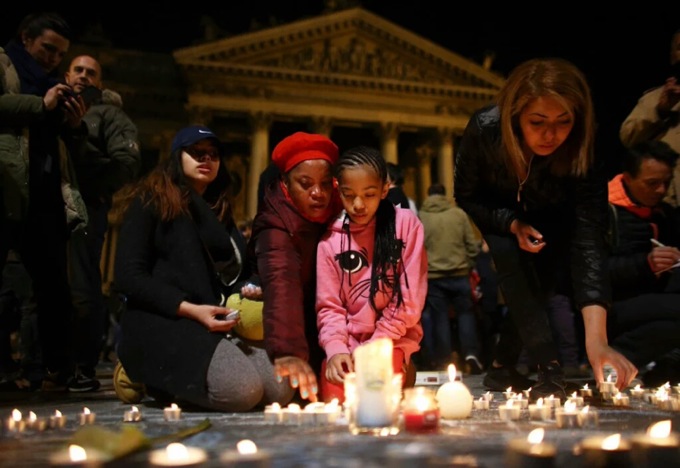





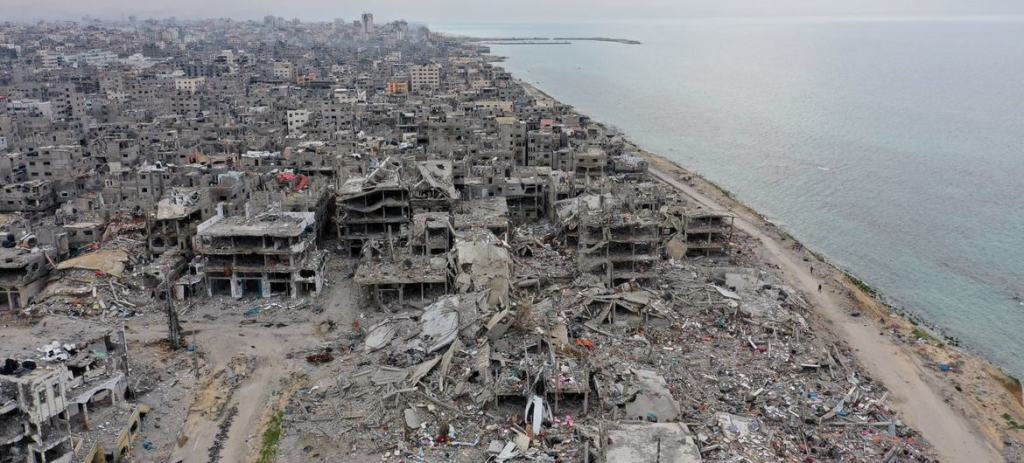
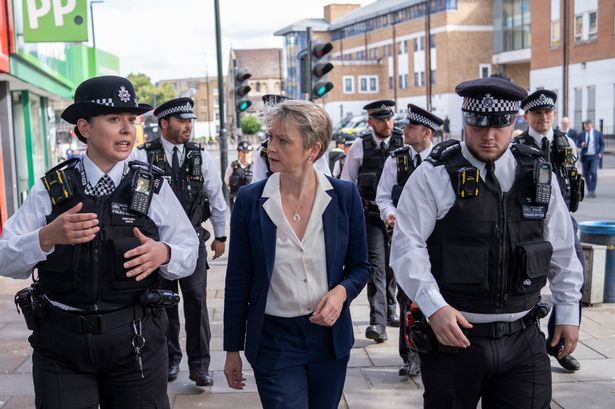
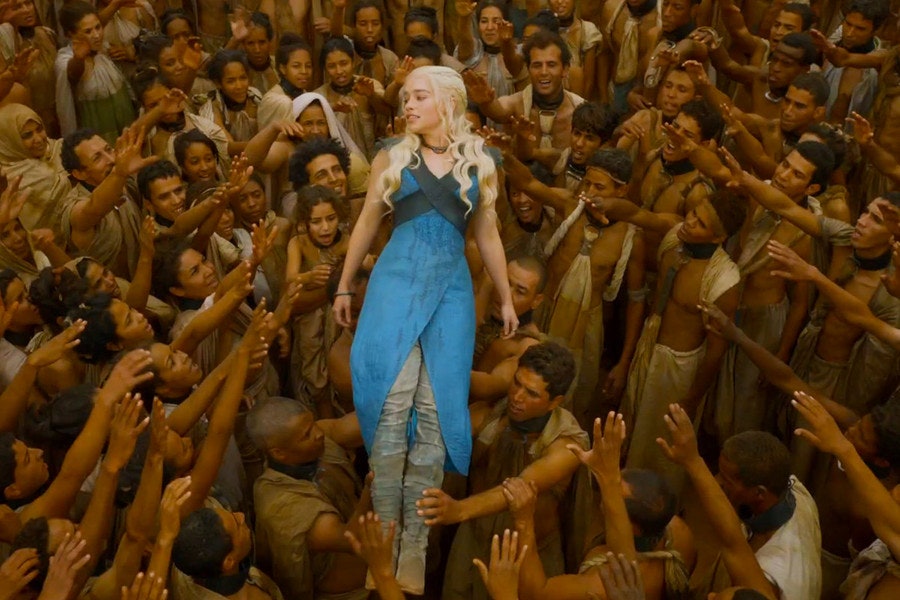
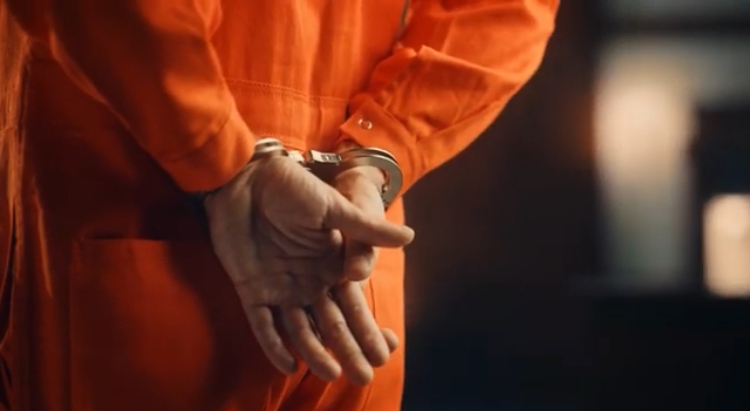
Leave a reply to Rule Brittania Cancel reply